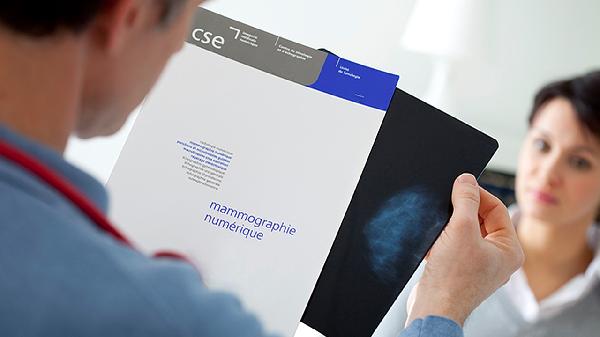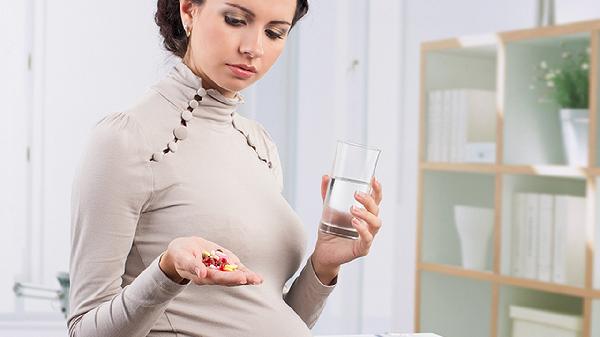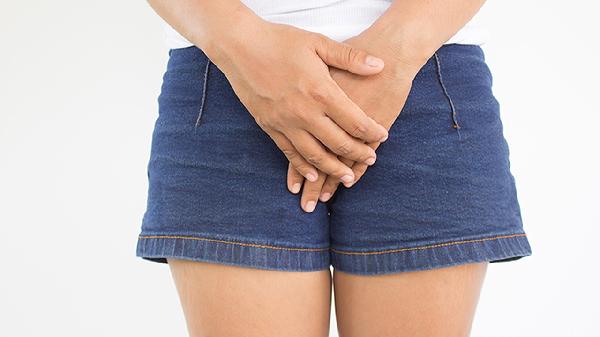After menopause, ovarian function declines and estrogen secretion is insufficient, leading to vaginal atrophy and dryness in women. During sexual activity, the lack of sufficient secretions can cause pain during intercourse if forced, negatively impacting normal sexual life and reducing the quality of intimacy.

What can be done about vaginal dryness in postmenopausal women?
1. Reasonable supplementation of vitamin B2
When the body lacks vitamin B2, the mucosal layer becomes abnormal, leading to mucosal lesions and metabolic disorders, which can cause the vaginal walls to become increasingly dry. It is advisable to consume foods rich in vitamin B2, such as seaweed, kelp, and fish. Additionally, citrus fruits and tomatoes are also good options. If dietary measures do not provide adequate relief, vitamin supplements can be used under medical guidance.
2. Proper use of lubricants during sexual activity
After menopause, insufficient estrogen secretion inevitably reduces vaginal secretions, causing pain during intercourse due to dryness, which negatively affects the experience. It is worth trying to use lubricants, preferably water-based and from reputable manufacturers. However, those with gynecological inflammation or sensitive skin should avoid indiscriminate use.
3. Supplementation of estrogen
Most vaginal dryness is related to a lack of estrogen. Consider using medications containing estrogen, such as short-term contraceptives. Additionally, soybeans and soy products contain a type of plant estrogen that can help supplement the body's estrogen deficiency.
4. Lifestyle adjustments
Maintain vulvar cleanliness and hygiene by frequently washing with water, avoiding the use of harsh cleaning products. Regular exercise can increase vaginal moisture. A specific method involves lying flat on the bed with knees bent and together, contracting the urethra, vagina, and buttocks for 30 seconds, then relaxing. Ensure adequate vitamin intake, maintain a healthy weight, avoid obesity, get sufficient sleep, maintain a regular routine, and avoid overeating to keep the endocrine system balanced. Choose loose, breathable cotton underwear and avoid wearing tight clothing for extended periods. Stay hydrated, and consume whole grains to increase skin and mucosal moisture and elasticity.
Reminder
Vaginal dryness in postmenopausal women is a normal phenomenon and should not be overly concerning. It is important to reasonably supplement the body with nutrients, consume vitamin-rich foods, exercise appropriately to strengthen the body, avoid excessive psychological stress, and stay away from spicy and irritating foods. Increase vaginal moisture by eating water-rich vegetables and fruits, and avoid spicy and irritating foods.
























